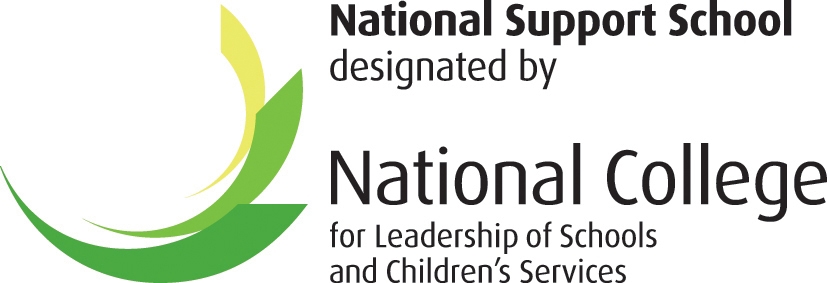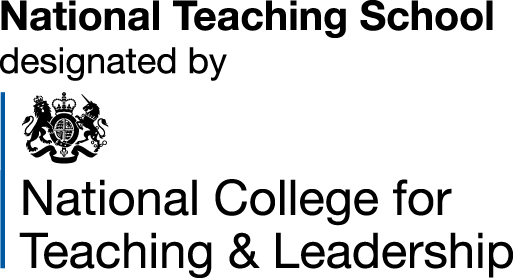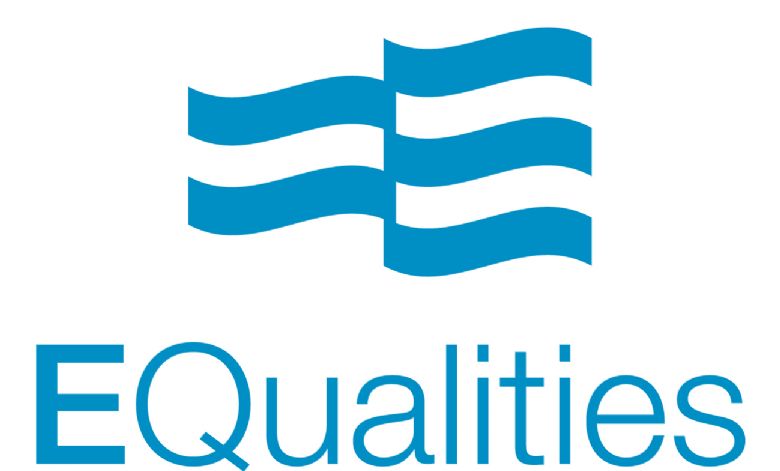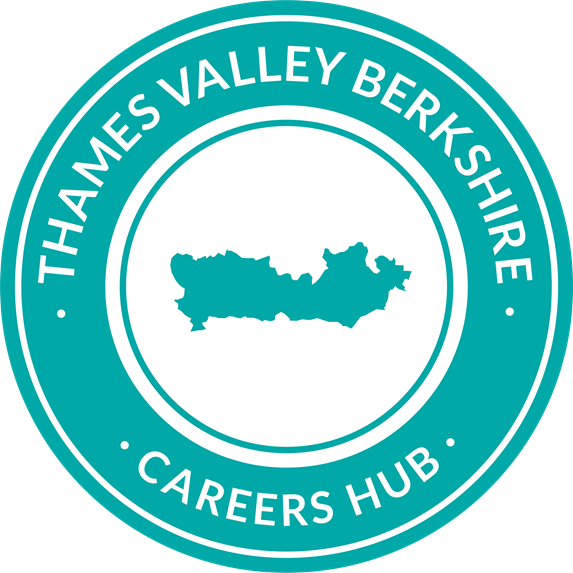Geography
KS5
At KS5 the students are studying the AQA specification and we look at both the physical and human geography in equal amounts with year 12 studying Water and Carbon Cycles, Contemporary Urban Environments, Coastal landscapes, Changing places, and Geographical skills & preparation for their NEA. While year 13 students study Global Systems and Governance, Hazards (Tectonic, Atmospheric and Wild Fires) and also complete their write up for their NEA in the autumn term. Students have the opportunity to complete three days of fieldwork as part of the course. Currently we use the days to teach students fieldwork skills in preparation for their own individual NEA which is worth 20% of the course. We visit Southsea in Portsmouth to learn coastal fieldwork skills and the role of management along a coastline. We also spend a day in Oxford learning changing places fieldwork skills and the role of the university in shaping the sense of place of the city. Lastly we walk a transect from the school site to the middle of Reading to teach them urban heat island fieldwork skills and carbon measuring techniques. As part of their course they are expected to complete 4 fieldwork days, so the last day is were they collect their primary data either individually or in groups to help them in their NEA depending on their chosen independent title.
KS4
At KS4 they are studying the AQA Geography GCSE. The course seeks to embed more regional Geography and delve deeper into the synoptic nature of the places we study. The course involves the following modules:
Year 9 = Resource management, Urban issues and challenges, River landscapes and mapskills, Issue evaluation practice for paper 3.
Year 10 = The Changing Economic World, The Living World: Ecosystems and Tropical rainforests, The Living World: Cold environments, The Challenge of Tectonic hazards, Human and Physical fieldwork and write up.
Year 11 = Resource management, The challenge of Atmospheric hazards, Geographical skills (Fieldwork recap + unseen fieldwork questions), Issue Evaluation preparation 12 weeks before the examination.
Students will also be expected to undertake one day’s worth of fieldwork where they will complete one physical enquiry and one human enquiry, this will be tested through an examination in Year 11 worth 30%. We currently visit Milford on sea to complete our physical field trip and Lyndhurst in the New forest for our human project.
Foundation
At the Foundation level Year 7 and 8 have three lessons over the two week period. The topics that we study at Year 7 are Volcanoes and Plate Theory, Geographical skills, Our Island Nation, Ecosystems (Tropical Rainforests and Hot Deserts), Weather and Climatic hazards. In year 8 geography we study Population and Urbanisation , Earthquakes and Tsunamis, Rivers and Flooding, Development and Africa, Iceland and Prisoners of Geography.
Assessment
Foundation = All students are expected to complete one assessment per module which assesses knowledge recall on short questions and an extended question on a novel situation. Both of these pieces will have a DIRT activity linked to improving their work. They will also have spelling tests and map tests to test their SPAG and map skills. Homework will be on a weekly basis for yr7 and yr8 but also will involve project h/w on occasions that will last 3 weeks in length to allow a more in-depth research study to take place.
KS4 = We complete ongoing assessment throughout each module which will consist of past exam questions were they will be marked by a mixture of self, peer and teacher assessed. We then have an end of unit assessment for each module to assess progress and attainment. After each question there will be a series of DIRT activities to help students understand how to make marginal gains in their assessments like working on examination technique and developing their points fully. They will also have spelling tests, and Quiz for learning tests to help them with their recall. Homework will be set on a weekly basis.
KS5 = We complete ongoing assessment throughout each module which will consist of past exam questions were they will be marked by a mixture of self, peer and teacher assessed. We will have a mid-unit assessment and an end of unit assessment for each of the 6 modules. Afterwards students complete a series of DIRT activities in order to help them make progress in their examination technique, development of answers and understanding what the command word is asking of them. We set 4hrs of homework each week and one hour of supervised study tasks that are normally linked to wider reading or practice recall and examination technique in exam questions.
Support
We run support sessions for students during the build up to PPEs and Prelims and these will be notified via the Head of Year or via posters in the department.
Extra-curricular Opportunities
- Yr10 fieldwork day to Milford on sea and Lyndhurst in the New Forest in summer term.
- Yr12 fieldwork to Reading (Urban and Carbon skills trip)
- Yr12 fieldwork to Southsea, Portsmouth (Coastal skills trip)
-Yr12 fieldwork to Oxford (Changing places skills trip)
- In the past we have run enrichment trips to Iceland and to China.
What skills do students acquire?
Geography is a subject that enables students to describe, explain, analyse and evaluate the world around them in both the physical and human areas that we study. We look at topical issues and evaluate what different groups of people would think about the situation and understand the role of decision makers in shaping our own environment. Geography will strengthen students’ extended writing skills and how they support their points in these written pieces. It will also strengthen students’ ability to interpret and analyse graphs, maps, photos, models, and how to write up a geographical investigation







